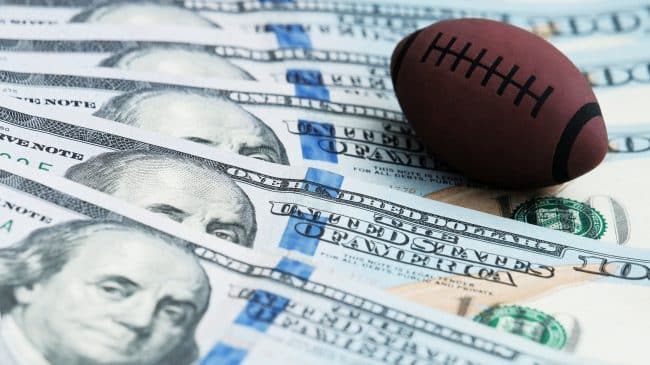States are scrambling to react to the Supreme Court’s decision striking down the federal prohibition on sports betting, but it’s the District that could and should be among the first to seize the opportunities presented by legal sports betting.
Time and again, attempts to liberalize the District’s draconian gambling laws have flopped. Sports-pool lotteries and casinos fell foul of objections both procedural and moral. But times have changed. The District rightly liberalized its marijuana laws , and would have an even better regime in place were it not for Congress’s continuing desire to put its views ahead of the city’s residents.
There is an increasing recognition in the District and across the country that illegal markets in popular activities such as sports betting serve only to create scofflaws and benefit criminals rather than protect sporting integrity.
The Maryland House of Delegates passed a bill for a referendum on sports betting this year, but it failed to pass in the Senate. It is unlikely there will be an opportunity for legalization until at least 2020. Virginia is even further behind, with no bill passed and Gov. Ralph Northam (D) refusing to stake out a position.
This inertia gives the District a significant opportunity to capture first-mover gains by capitalizing on the court’s slap-down of overly intrusive federal interference.
Maryland is already benefiting from the opening of MGM National Harbor casino, which derives 40 percent of its business from Virginia.
The District enjoys a thriving sports scene and is well-placed to benefit from a legal and well-regulated betting market. Ted Leonsis, chief executive of Monumental Sports & Entertainment, which owns Washington’s Capitals, Mystics and Wizards franchises, is enthusiastic about the court’s decision. “It brings a multibillion-dollar industry out of the shadows and into the sunlight, where its integrity can be guaranteed and consumers can be better protected,” he wrote.
But if the District is going to fully reap the benefits of legal sports betting, it needs to ensure a competitive market with proportionate regulations and consumer protections. To maximize revenue, any tax on sports betting must be low. This is because sports-betting providers operate on small profit margins. Set taxes too high, and the entire enterprise becomes unviable, and consumers will continue to place bets with unregulated, off-shore providers. Despite having a decades-long monopoly on legal single-game betting, Nevada taxes just 6.75 percent of gross gaming revenue.
Licensing will also be key. Limiting the number of licenses or charging exorbitant fees will restrict competition to the detriment of consumers. Allowing for a wide range of products and online betting is also a must. Online products are especially important as gambling of any kind is forbidden on federal land, of which there is an abundance in the District.
To ensure that sports betting remains the prerogative of adults, age verifications such as those in Nevada and Britain must be put in place, and adequate support provided to problem gamblers.
According to a 2017 report, 32 states could be offering legal sports betting within five years. Delaware legalized it as of June 5. The question is not whether the District should legalize sports betting, but can it be among the earliest to take advantage of it and reap the subsequent benefits?
This column originally appeared in the Washington Post.

